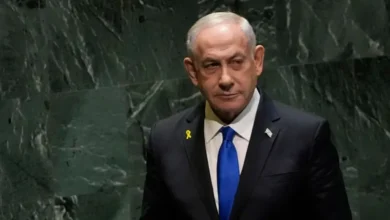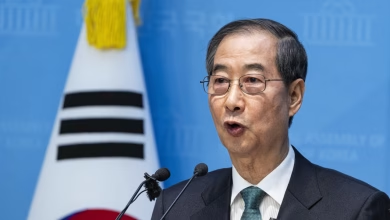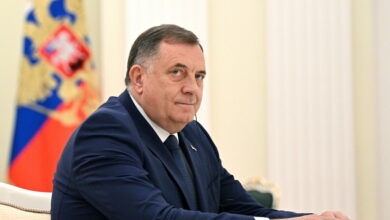PwC Australia stands down staff amid tax plans leak scandal

PricewaterhouseCoopers (PwC) Australia has directed nine partners to stand down pending the outcome of an internal investigation amid a scandal over the leak of confidential information about the government’s tax plans.
PwC said on Monday that the chairs of the company’s governance board and risk committee would also step down and that it had begun a process to “ringfence” services provided to government agencies.PwC also said it would appoint two independent directors to its governance board and publish in full the outcome of a review into the firm’s culture that was announced earlier this month.
“We are announcing these actions today, despite the fact that our investigation continues, because we recognise that our stakeholders want more transparency in order to restore confidence in our firm,” Kristin Stubbins, acting chief executive of PwC Australia, said in a statement.
PwC, one of the “big four” global accounting firms, has been embroiled in controversy since it emerged that a partner at the firm had used confidential information about the government’s planned tax reforms to drum up business with multinational clients and help clients pay less tax.
PwC chief executive Tom Seymour earlier this month stepped down following the revelations, which were first reported by the Australian Financial Review newspaper.Australian police said last week they had opened a criminal investigation into PwC and its former partner Peter Collins over the “alleged misuse of confidential government information”.
In her statement on Monday, Stubbins said PwC was committed to “doing everything it takes to make the wrongs of our past right and to re-earn [the public’s] trust”.
But Stubbins rejected calls for the company to release the names of all the employees who had access to emails related to the leaked information and insisted that no confidential information was used to allow clients to pay less tax.
“There has been an assumption by some that all those whose names have been redacted must necessarily be involved in wrongdoing,” Stubbins said.“That is incorrect. Based on our ongoing investigation, we believe that the vast majority of the recipients of these emails are neither responsible for, nor were knowingly involved in any confidentiality breach.”










